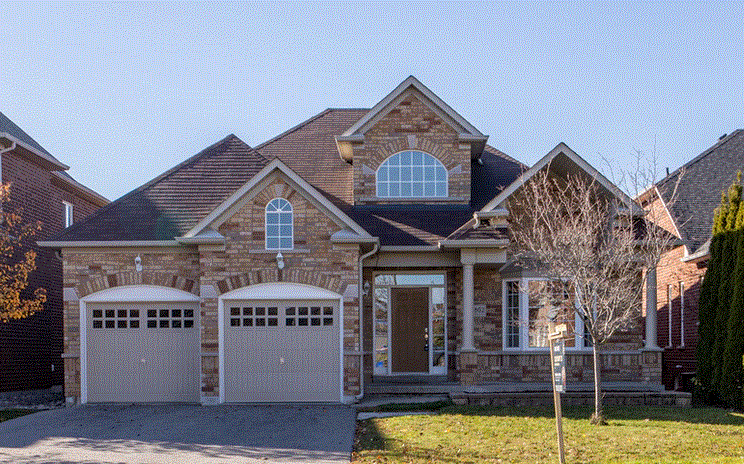PITTSBURGH - In this article, we'll look at some of the Pennsylvania housing market trends. Foreclosures in Pittsburgh have been held back for two years, but government assistance programs have ended, and the number of distressed homeowners is likely to rise. If that continues, 2023 could be the year landlords get scared.
Pittsburgh Home Values Have Increased By 30.7% Since The Start Of The Pandemic
As the housing market continues to climb, it's no wonder Pittsburgh home prices haven't fallen much from their pandemic highs. The median home value has increased by over $56,000 since the pandemic began, and it's likely that prices will continue to rise even faster - nearly 30% higher - as a lack of inventory pushes up home prices.
While the real estate market in Pittsburgh has been ebbing and flowing over the last decade, it has mostly followed national trends. The current trend lines are moving higher but slower than their national counterparts. This is largely due to higher unemployment and foreclosure rates, which have weighed on the local housing market. At the same time, an increasing number of renters is increasing the rental demand. As a result, many Pittsburgh real estate investors are turning to long-term exit strategies.
Pittsburgh is one of the more affordable places in the U.S. to buy a home. According to the Pittsburgh Regional Quality of Life Survey, 68% of people in Allegheny County rated the overall quality of life as excellent or good. Pittsburgh's low cost of living has made it an attractive place for families. The Pittsburgh economy is slowly recovering. The fastest-growing sectors in the region are manufacturing, information, and professional services.
Demand Outpaces Supply In The Pittsburgh Housing Market
In Pittsburgh, demand is outpacing supply, meaning prices will continue to rise. There are currently 6,352 active listings on the market. Typically, the housing market should have six months of inventory. Because of this, sellers will be able to negotiate better prices than their competition.
The Pittsburgh housing market is expected to rise at a moderate rate compared to other markets. The median home price is $237,934, which is lower than the national average. Therefore, Pittsburgh's median home value is lower than the national average, making it more affordable for buyers. Many redeveloped neighborhoods in the city offer two-bedroom homes for under $100,000.
The housing market in Pittsburgh is projected to continue to rise through 2023. Home prices in Pittsburgh are expected to increase by 8.3% over the next 12 months. Investors have had great success in Pittsburgh's housing market over the past decade, generating attractive returns for rehabbing properties. However, the housing market is changing, and rising prices are reducing the profit margins for many properties.
While the Pittsburgh housing market is landlord-friendly, there are still some rules that landlords must adhere to. One rule involves security deposits. Some landlords may require tenants to pay rent on the security deposit. Other rules include no late fees, and a written rental agreement is not required. In addition, landlords do not need a rental license, although it is strongly recommended.




